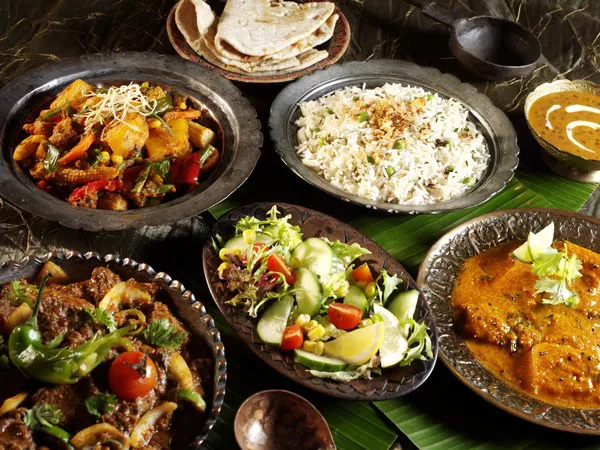An anti-inflammatory diet is not just a passing trend; it’s an essential part of a healthy lifestyle. Chronic inflammation can lead to serious health problems like heart disease and type 2 diabetes. Incorporating anti-inflammatory foods, including proteins, into your daily meals can help combat inflammation and improve overall health. Here are four protein-rich foods to add to your diet for their inflammation-reducing benefits.
1. Beans
Beans are a top choice for anti-inflammatory proteins. Varieties like black, kidney, and pinto beans are rich in antioxidants, particularly pigments that offer anti-inflammatory properties. These antioxidants help reduce the risk of cancer, heart disease, obesity, and diabetes, as highlighted by a 2021 review in Nutrients.
Moreover, beans are packed with fiber, including resistant starch, which supports gut health by nourishing beneficial gut bacteria. A healthy gut microbiome can help lower inflammation. Nancy Mazarin, an expert dietitian, recommends beans for their powerful immune-boosting properties. Consider adding slow-cooked baked beans to your meals for an easy way to fight inflammation.
2. Fatty Fish
Fatty fish such as salmon, tuna, and mackerel are excellent sources of omega-3 fatty acids, which are well-known for their anti-inflammatory effects. A 2020 meta-analysis published in Nutrients showed that eating 20 grams of fish daily could lower the risk of heart disease by 4%. Omega-3s help improve heart and blood vessel function while fighting inflammation.
These fish are also rich in vitamin D and selenium, both of which have additional anti-inflammatory benefits. If you don’t eat fish, plant-based sources of omega-3s, such as flaxseeds and chia seeds, can also offer similar benefits. For a delicious way to enjoy fatty fish, try salmon tacos with pineapple salsa.
3. Lentils
Lentils are another protein-packed food with strong anti-inflammatory properties. Packed with polyphenols, these plant compounds act as antioxidants and can help reduce inflammation. A 2022 study in Pharmaceuticals linked lentil consumption with a reduced risk of heart disease, obesity, and diabetes.
Lentils also contain prebiotic fiber, which supports a healthy gut microbiome, further reducing inflammation. Including lentils in your diet may help manage weight and fight chronic inflammation. Try braised black lentils with quinoa for a flavorful and health-boosting meal.
4. Nuts
Nuts like almonds and walnuts are rich in unsaturated fatty acids, fiber, antioxidants, and other nutrients that help reduce inflammation. A 2023 review in Nutrients confirmed that regular nut consumption can decrease inflammation and oxidative stress in the body. Nuts also provide a solid amount of protein—an ounce of almonds offers 6 grams of protein, equivalent to a large egg.
Eating nuts regularly can benefit your overall health. Add them to salads, oatmeal, or simply enjoy a handful as a snack to reduce inflammation and boost your protein intake.
Understanding an Anti-Inflammatory Diet
An anti-inflammatory diet is crucial for reducing the risk of chronic diseases. While acute inflammation is a normal response to injury or illness, chronic inflammation can lead to serious health conditions like arthritis, heart disease, and diabetes. The Mediterranean, DASH, and MIND diets promote anti-inflammatory foods like fruits, vegetables, whole grains, legumes, nuts, and seeds.
Although these diets favor plant-based foods, animal proteins can also be part of a balanced anti-inflammatory diet.
Conclusion
Beans, fatty fish, lentils, and nuts are four protein-rich foods that can help reduce inflammation and promote better health. Incorporate these versatile foods into your meals along with other nutrient-dense fruits, vegetables, and whole grains. Together, they can help lower the risk of chronic disease and contribute to a healthy, balanced lifestyle.
Read more:
- Top 10 Anti-Inflammatory Foods
- The Easiest Anti-Inflammatory Diet: Simplifying Health
- The 9 Best Supplements For Gynecomastia


